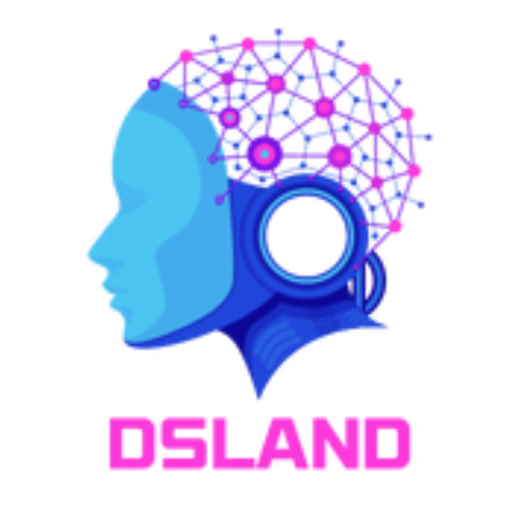Impending Singularity: Potential Impacts and Future Implications Explored
In recent years, the concept of the Singularity has moved from the realm of science fiction into serious scientific discourse. The Singularity, a hypothetical point in the future when artificial intelligence (AI) surpasses human intelligence, promises to revolutionize every facet of human existence. This article delves into what the Singularity means, its potential impacts, and the future implications of this epoch-making phenomenon.
Understanding the Singularity
The Singularity refers to a future moment where technological growth becomes uncontrollable and irreversible, resulting in unforeseeable changes to human civilization. At its core, the Singularity prefigures the creation of superintelligent machines with capabilities far exceeding human comprehension.
Historical Context of the Singularity
The term “Singularity” was popularized by mathematician and computer scientist Vernor Vinge in his 1993 essay “The Coming Technological Singularity.” Vinge posited that advancements in AI would eventually lead to the creation of entities with greater-than-human intelligence, an idea that has sparked both excitement and apprehension among scholars and technologists.
Current Progress Towards Singularity
Today, innovations in machine learning, deep learning, and neural networks are rapidly accelerating towards the point of Singularity. Tech giants like Google, Amazon, and IBM are at the forefront of AI research, investing billions of dollars to push the boundaries of what machines can achieve. The proliferation of AI capabilities, from natural language processing to complex decision-making, suggests that the Singularity may arrive sooner than we anticipate.
Potential Impacts of the Singularity
The Singularity’s arrival will have wide-ranging repercussions, influencing sectors from healthcare to the labor market. Here are some potential impacts:
Economic Transformation
The integration of superintelligent machines into the economy might dramatically increase productivity and efficiency. However, it also raises the specter of significant job displacement. On the one hand, AI can automate mundane tasks, liberating human resources for more creative and complex endeavors. On the other hand, millions of jobs might become obsolete, posing significant challenges for workforce retraining and social security systems.
Healthcare Revolution
In healthcare, AI could usher in an era of personalized medicine, where treatments are tailored to individual genetic profiles. Enhanced diagnostic tools powered by AI could lead to earlier detection of diseases, vastly improving outcomes. Furthermore, AI-driven research could accelerate the discovery of new drugs and therapies.
Ethical and Social Implications
The ethical dimensions of the Singularity are equally profound. Questions surrounding the autonomy and decision-making of superintelligent machines must be addressed. Issues such as AI bias, privacy concerns, and the potential for mass surveillance demand rigorous scrutiny. Moreover, the societal implications of AI’s unprecedented capabilities may require new frameworks for governance and regulation.
Future Implications of the Singularity
While the Singularity presents numerous challenges, it also offers extraordinary opportunities. Considering the broader implications can help us prepare for a future shaped by superintelligent entities.
Redefining Human Existence
As AI systems evolve, they could redefine what it means to be human. Superintelligent machines might augment human cognitive abilities, enabling us to solve complex problems currently beyond our reach. The fusion of human and machine intelligence could give rise to a new era of human advancement, marked by unprecedented innovation and creativity.
Global Collaboration and Governance
The global nature of AI development necessitates international collaboration and governance. Establishing global norms and regulations will be crucial to ensure that AI technologies are used responsibly and ethically. Additionally, cooperation among nations can prevent an arms race in AI development and promote the sharing of benefits equitably.
Preparing for the Inevitable
To prepare for the Singularity, stakeholders across various sectors must engage in proactive planning. This includes investing in education and training programs to equip the workforce with the skills needed in a post-Singularity world. Policymakers must also create adaptive regulatory frameworks that can keep pace with technological advancements.
Conclusion
The Singularity is not merely a distant theoretical construct; it is an imminent reality with profound implications for the future of humanity. By understanding the potential impacts and preparing for the future, we can navigate this transformative epoch responsibly and ethically. The road to the Singularity is fraught with challenges, but it also holds the promise of ushering in a new era of human progress and innovation. Let us embrace this journey with cautious optimism, ready to seize the opportunities it presents while mitigating its risks.
